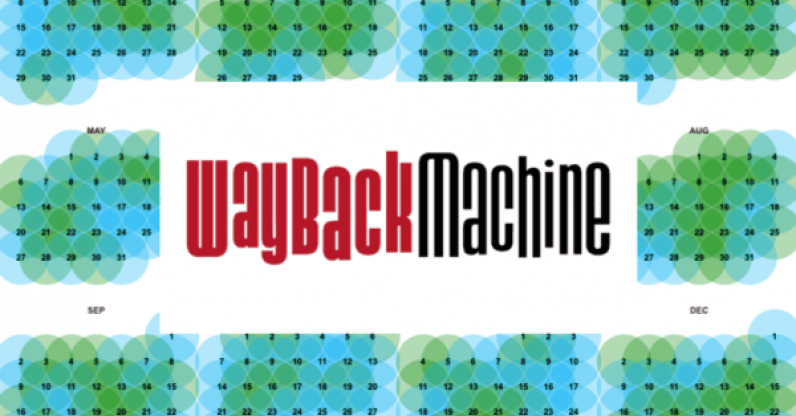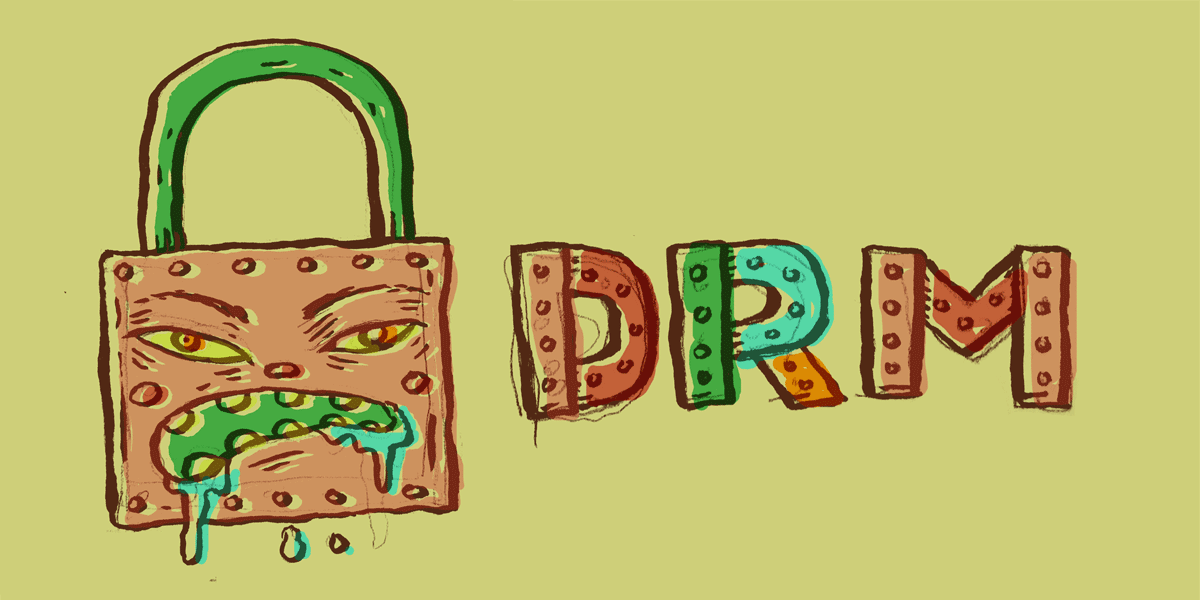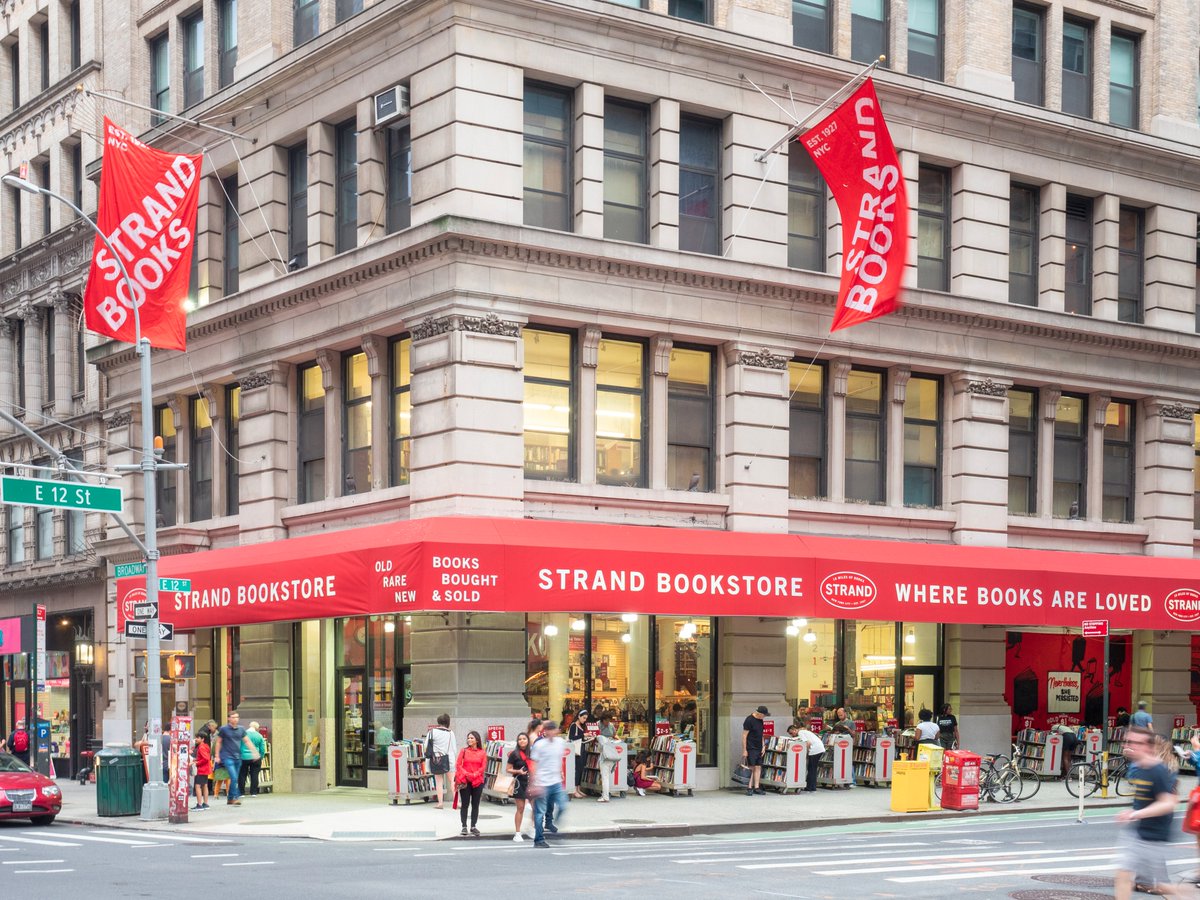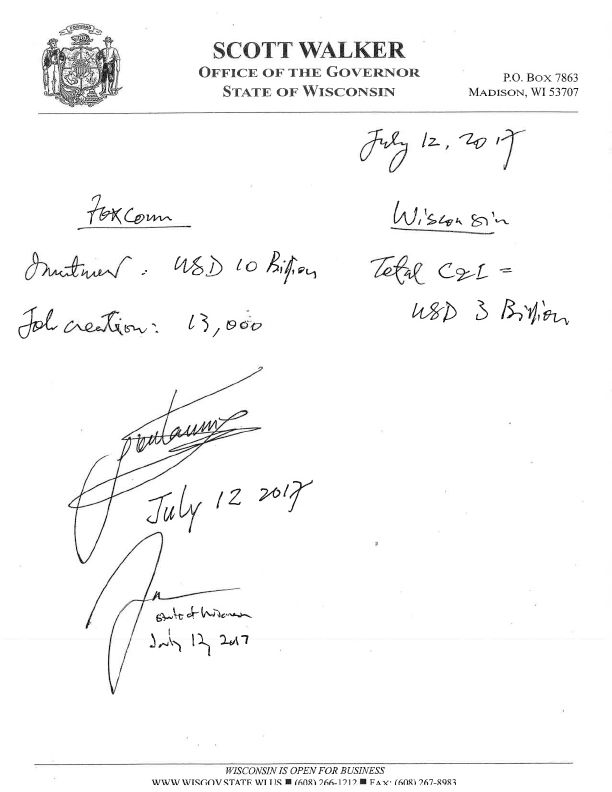
Today's Twitter threads (a thread).
Inside: IDing anonymized cops with facial recognition; ENDSARS; Companies target robots in disclosures; US border cruelty, powered by Google cloud; Free the law of Wisconsin; and more!
Archived at: pluralistic.net/2020/10/22/the…
#Pluralistic
1/
Inside: IDing anonymized cops with facial recognition; ENDSARS; Companies target robots in disclosures; US border cruelty, powered by Google cloud; Free the law of Wisconsin; and more!
Archived at: pluralistic.net/2020/10/22/the…
#Pluralistic
1/

Today's Attack Surface Lecture: OpSec & Personal Cyber-Security: How Can You Be Safe?
With @runasand and @window
eventbrite.com/e/cory-doctoro…
2/
With @runasand and @window
eventbrite.com/e/cory-doctoro…
2/

IDing anonymized cops with facial recognition: Privacy for the powerless, transparency for the powerful.
3/
https://twitter.com/doctorow/status/1318949163762020354
3/

ENDSARS: Global protests over Nigeria's murdering special police.
4/
https://twitter.com/doctorow/status/1318952535747489793
4/

Companies target robots in disclosures: Sentiment analysis is finally useful for something.
5/
https://twitter.com/doctorow/status/1319284738641678341
5/

US border cruelty, powered by Google cloud: IBM at Auschwitz.
6/
https://twitter.com/doctorow/status/1319295417188634624
6/

Free the law of Wisconsin: Carl Malamud wants you to read Wisconsin's jury instructions.
7/
https://twitter.com/doctorow/status/1319303599243948032
7/

#5yrsago Fable Comics: anthology of great comics artists telling fables from around the world memex.craphound.com/2015/10/22/fab…
#5yrsago Son of Dieselgate: second line of VWs may have used “defeat devices” web.archive.org/web/2015102220…
8/
#5yrsago Son of Dieselgate: second line of VWs may have used “defeat devices” web.archive.org/web/2015102220…
8/

#5yrsago DHS admits it uses Stingrays for VIPs, vows to sometimes get warrants, stop lying to judges arstechnica.com/tech-policy/20…
#5yrsago Half of Vanuatu’s government is going to jail theguardian.com/world/2015/oct…
9/
#5yrsago Half of Vanuatu’s government is going to jail theguardian.com/world/2015/oct…
9/

#5yrsago Obama administration petitions judge for no mercy in student debt bankruptcy readersupportednews.org/news-section2/…
#1yrago Margaret Atwood’s “The Testaments”: a long-awaited Handmaid’s Tale sequel fulfills its promise memex.craphound.com/2019/10/22/mar…
10/
#1yrago Margaret Atwood’s “The Testaments”: a long-awaited Handmaid’s Tale sequel fulfills its promise memex.craphound.com/2019/10/22/mar…
10/

#1yrago Materiality: a new science fiction story for the Oslo Architecture Triennale about sustainable, green abundance ia803101.us.archive.org/16/items/Cory_…
#1yrago Ernst and Young subjected women employees to “training” about keeping the company’s men happy huffpost.com/entry/women-er…
11/
#1yrago Ernst and Young subjected women employees to “training” about keeping the company’s men happy huffpost.com/entry/women-er…
11/

#1yrago NJ school district bans indebted students from prom and field trips, refuses offer to pay off lunch debt inquirer.com/education/scho…
12/
12/

Yesterday's threads: Comedic obituary poetry; Tom Lehrer in the public domain; Trustbusting is stimulus; Falsehoods programmers believe about time; and more!
13/
https://twitter.com/doctorow/status/1318941322502307840
13/

I have a (free) new book out! "How to Destroy Surveillance Capitalism" is an anti-monopolist critique of Big Tech that connects the rise of conspiratorial thinking to the rise of tech monopolies and proposes a way to deal with both:
onezero.medium.com/how-to-destroy…
14/
onezero.medium.com/how-to-destroy…
14/
My ebooks and audiobooks (from @torbooks, @HoZ_Books, @mcsweeneys, and others) are for sale all over the net, but I sell 'em too, and when you buy 'em from me, I earn twice as much and you get books with no DRM and no license "agreements."
craphound.com/shop/
15/
craphound.com/shop/
15/

Upcoming appearances:
* Fantasy and Dystopia with @kadrey, @Litquake, Oct 23, eventbrite.com/e/fantasy-and-…
* @MileHiCon (Guest of Honor!), Oct 23-5, milehicon.org
* Coding Democracy with @maureenwebb for @festofauthors Oct 24 festivalofauthors.ca/event/maureen-…
16/
* Fantasy and Dystopia with @kadrey, @Litquake, Oct 23, eventbrite.com/e/fantasy-and-…
* @MileHiCon (Guest of Honor!), Oct 23-5, milehicon.org
* Coding Democracy with @maureenwebb for @festofauthors Oct 24 festivalofauthors.ca/event/maureen-…
16/

Recent appearances:
* TWiT: The J to J Protocol
twit.tv/shows/this-wee…
* Writing Excuses: Researching the FCK out of Things
writingexcuses.com/2020/10/11/15-…
* SRSLY WRONG: Stop Techno Dystopia!
srslywrong.com/podcast/220-st…
17/
* TWiT: The J to J Protocol
twit.tv/shows/this-wee…
* Writing Excuses: Researching the FCK out of Things
writingexcuses.com/2020/10/11/15-…
* SRSLY WRONG: Stop Techno Dystopia!
srslywrong.com/podcast/220-st…
17/

My first picture book is out! It's called Poesy the Monster Slayer and it's an epic tale of bedtime-refusal, toy-hacking and monster-hunting, illustrated by Matt Rockefeller. It's the monster book I dreamt of reading to my own daughter.
pluralistic.net/2020/07/14/poe…
18/
pluralistic.net/2020/07/14/poe…
18/

You can also follow these posts as a daily blog at pluralistic.net: no ads, trackers, or data-collection!
Here's today's edition: pluralistic.net/2020/10/22/the…
19/
Here's today's edition: pluralistic.net/2020/10/22/the…
19/
If you prefer a newsletter, subscribe to the plura-list, which is also ad- and tracker-free, and is utterly unadorned save a single daily emoji. Today's is "🥽". Suggestions solicited for future emojis!
Subscribe here: pluralistic.net/plura-list
20/
Subscribe here: pluralistic.net/plura-list
20/
Are you trying to wean yourself off Big Tech? Follow these threads on the #fediverse at @pluralistic@mamot.fr.
Here's today's edition: mamot.fr/@pluralistic/1…
21/
Here's today's edition: mamot.fr/@pluralistic/1…
21/
• • •
Missing some Tweet in this thread? You can try to
force a refresh














